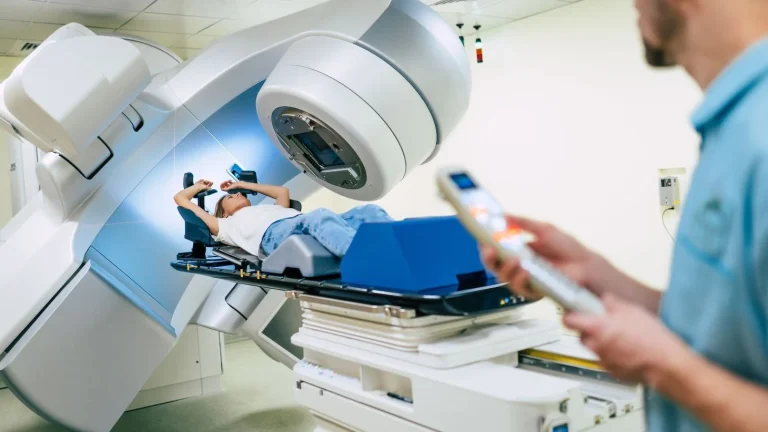A Consultant Dermatologist, Dr Folakemi Cole-Adeife, says fake and ineffective sunscreens in the Nigerian markets are contributing to the massive increase in the number of skin cancer cases.
Cole-Adeife of the Lagos State University Teaching Hospital (LASUTH), Ikeja, asserted a Stakeholders Advocacy for Skin Cancer Prevention in the Albinism Community, organised by La Roche-Posay, from L’Oreal International.
The programme had the theme: “Introducing Anthelios for People with Albinism and Mela B3 Serum for Sub-Saharan Africa.”
Anthelios has the most efficient Ultraviolet (UV) filter against the most insidious UV rays and offers ultimate protection against deep skin cell damage.
People with albinism are advised to use sunscreens labelled SPF(sun protection factor) of 20 to 30, hence Anthelios and Mela B3 Serum come highly recommended.
Cole-Adeife described albinism as a genetic disorder that causes a decrease in the production of melanin in the skin, hair, and eyes, which affects both males and females of all races as well as plants and animals.
According to her, albinos in sub-Saharan Africa are a thousand times more likely to develop skin cancer due to partial or complete absence of melanin, than a person with normal dark skin colour.
“Since their skin has no melanin to protect them from the sun, they develop sunburn easily and the most dreadful is their increased risk of having several types of skin cancers.
“This is why they are always in need of sun protection in the form of sun hats, sunglasses, sun protective clothings, umbrellas, and sunscreen lotions to prevent sun damage.
“But a major problem is lack or limited access to sunscreens. There is the need for access to effective skin care product that is affordable.
“Fake, low-cost and ineffective sunscreens that are prevalent in our environment is contributing to the massive increase in the number of skin cancer cases we see in our clinics.
“There was this cheap, fake and ineffective sunscreen in the market. Everybody especially persons with albinism were using it.
“They ended up with burns and early skin cancers,” she said.
Cole-Adeife urged persons with albinism to go for regular health and skin check, and use effective sunscreens in addition to sun protection clothings, hats, sunglasses and umbrellas to prevent skin cancers.
“If the skin is well managed, people with Albinism can live a comfortable, healthy and beautiful life,” she said.
Cole-Adeife appreciated the Lagos State Government for supporting the Albinism community by providing free umbrellas, hats, skin cancer creams, sunscreens and free skin cancer surgeries.
She urged other state governments to emulate the gesture to make the albinism community feel a sense of relief and belonging.
Also speaking, La Roche-Posay representative in Nigeria, Mrs Beatrice Eneh said the organisation had been partnering with Nigerian dermatologists to promote skin care and health of the albinism community.
“We work and carry our research with dermatologists in Nigeria to come up with medications that will prevent skin cancers, especially in the Albinism community,” she said.
In his remarks, the Founder of the Albino Foundation (TAF), said persons with albinism in Nigeria always have to contend with some health challenges due to the genetic condition they have.
He appreciated La Roche-Posay and Nigerian dermatologists for prioritising the health of persons with albinism.
NAN


